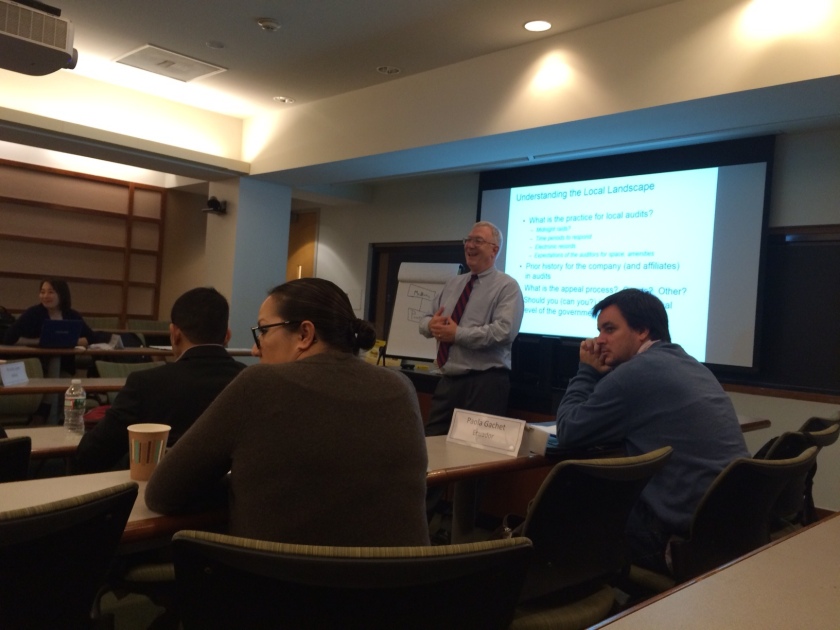“Louisiana State University and [HBCU] Southern University want to begin growing marijuana for medical use. The boards of both schools approved plans Friday to pursue licensing, making them the sole growers and researchers for the state, The Associated Press reported.” The source is here.
LSU’s vice president for Agriculture “said university officials believe they can meet security requirements and retain federal funding. He said LSU could become a leader in research on the medicinal properties and cultivation of marijuana.”
Objections to states getting in the marijuana business are looking weaker. Continue reading “State Universities to grow marijuana”
